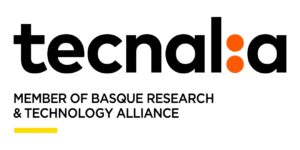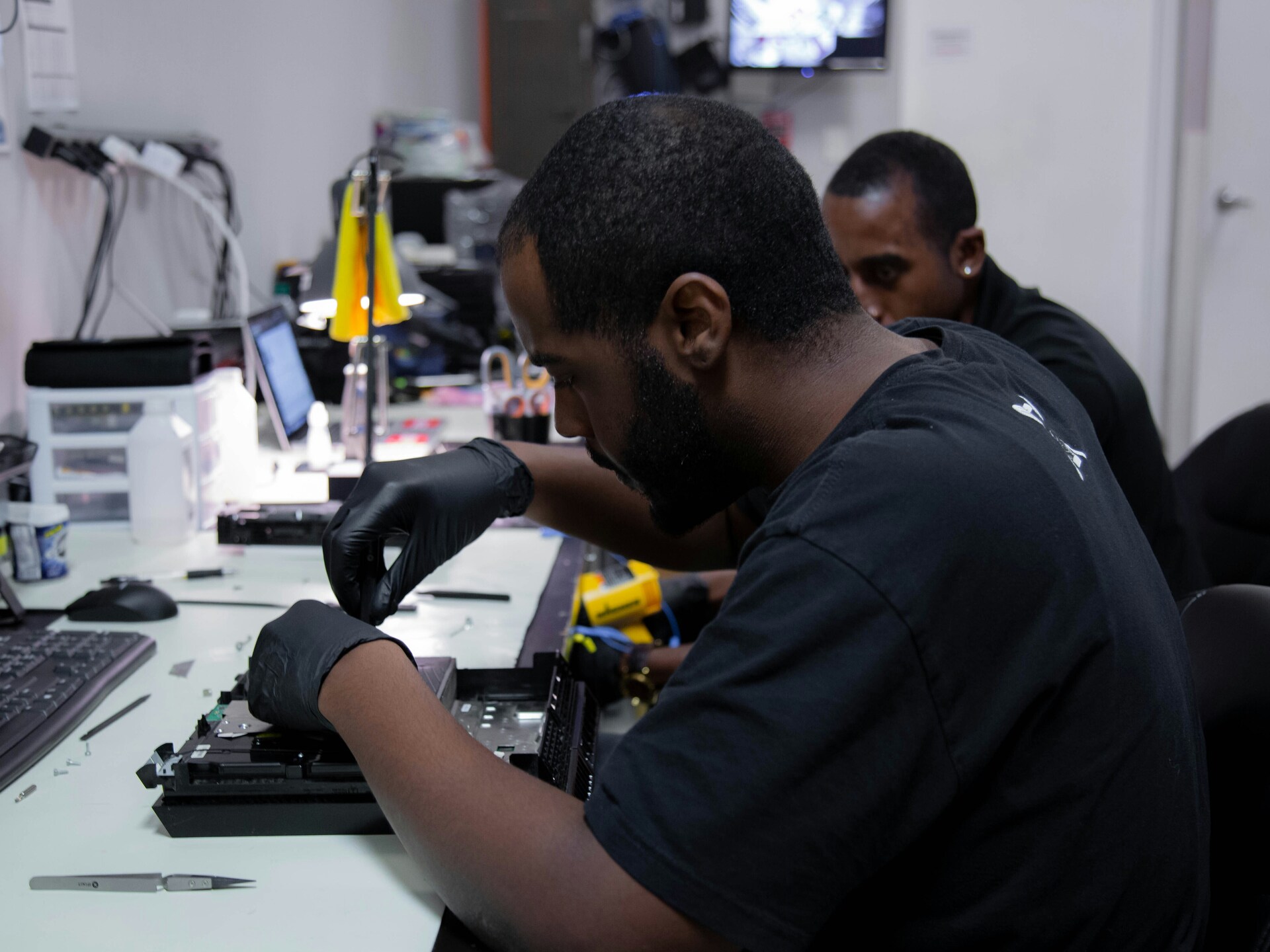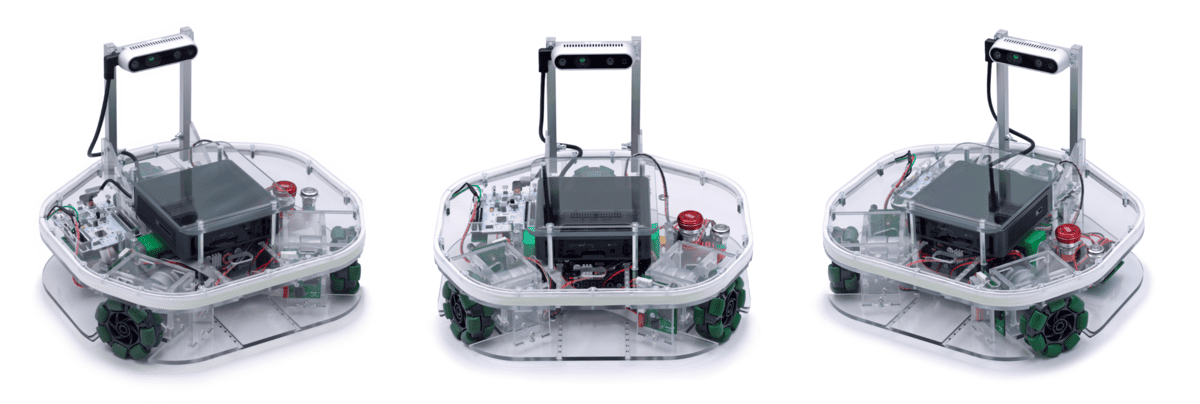Type of course:
Digital learning, Lesson
Language:
EN
Duration:
15 minutes
Workload:
2 hours
Proficiency:
Advanced
Target:
Professionals, Students, Workers
Agile team members are empowered to fix tasks
that aren’t working, or eliminate tasks that don’t add value. Retrospective
meetings are extremely useful for any type of project, whether personal or
corporate, as they aim to identify improvements in a continuous process of
delivering value. Agile teams use retrospectives to reflect on what went well
and what could be improved in the next work cycle (or sprint, using agile
terminology).
One of the benefits of retrospectives is that they save time in getting
feedback from the team. But this is not the only benefit, it also allows to
identify and uncover problems or benefits that would otherwise be very
difficult to get.
This nugget presents the commonly used retrospective tools like the Plus
Delta model and the Starfish technique, although there are dozens available on
websites and in books. Knowing the basic tools and the concepts behind
retrospectives, a good facilitator will choose the most appropriate tool
considering the situation, the purpose and the team.
Learning outcomes
- Learner is able to understand the importance of retrospective meetings for the development of the team.
- Learner is able to apply agile retrospectives within the team in an effective way to foster the development of the team.
- Learner is able to implement practical tools and tips during agile retrospectives and select the most adequate ones depending on the team situation and context.
Course Content
Topics
Transversal Skills, Entrepreneurship










